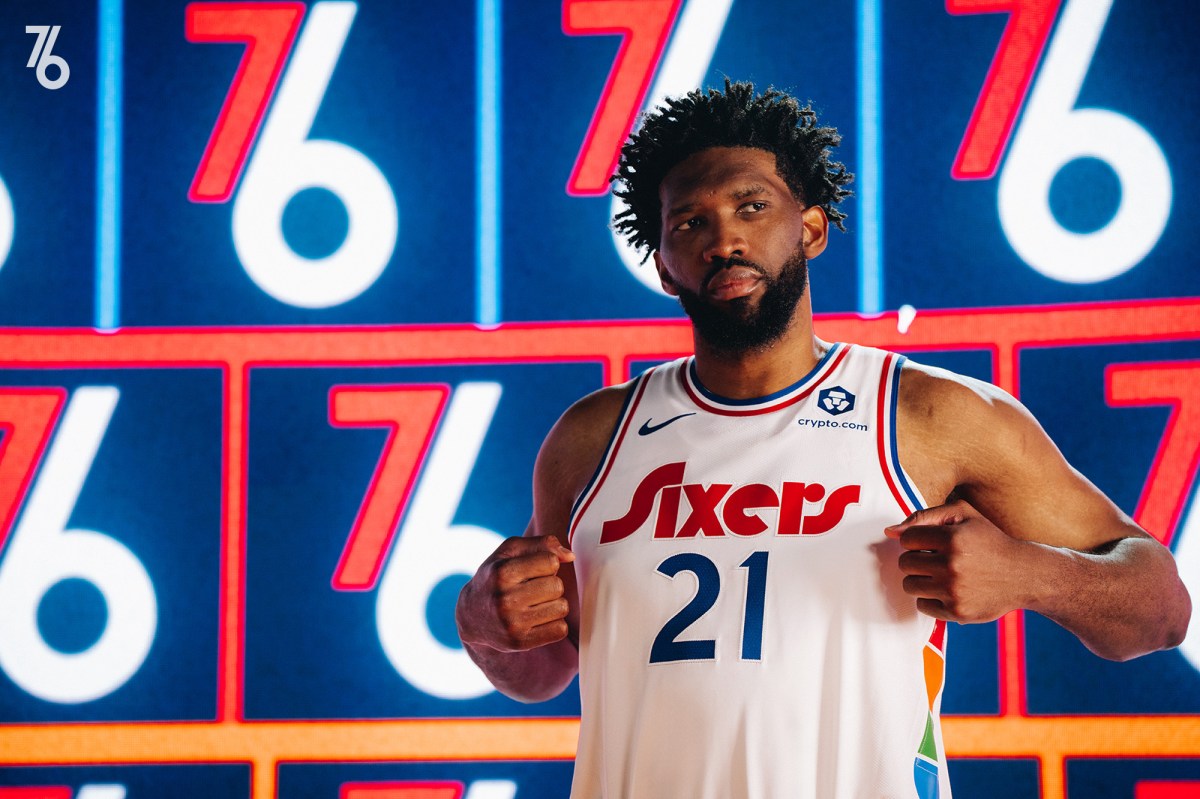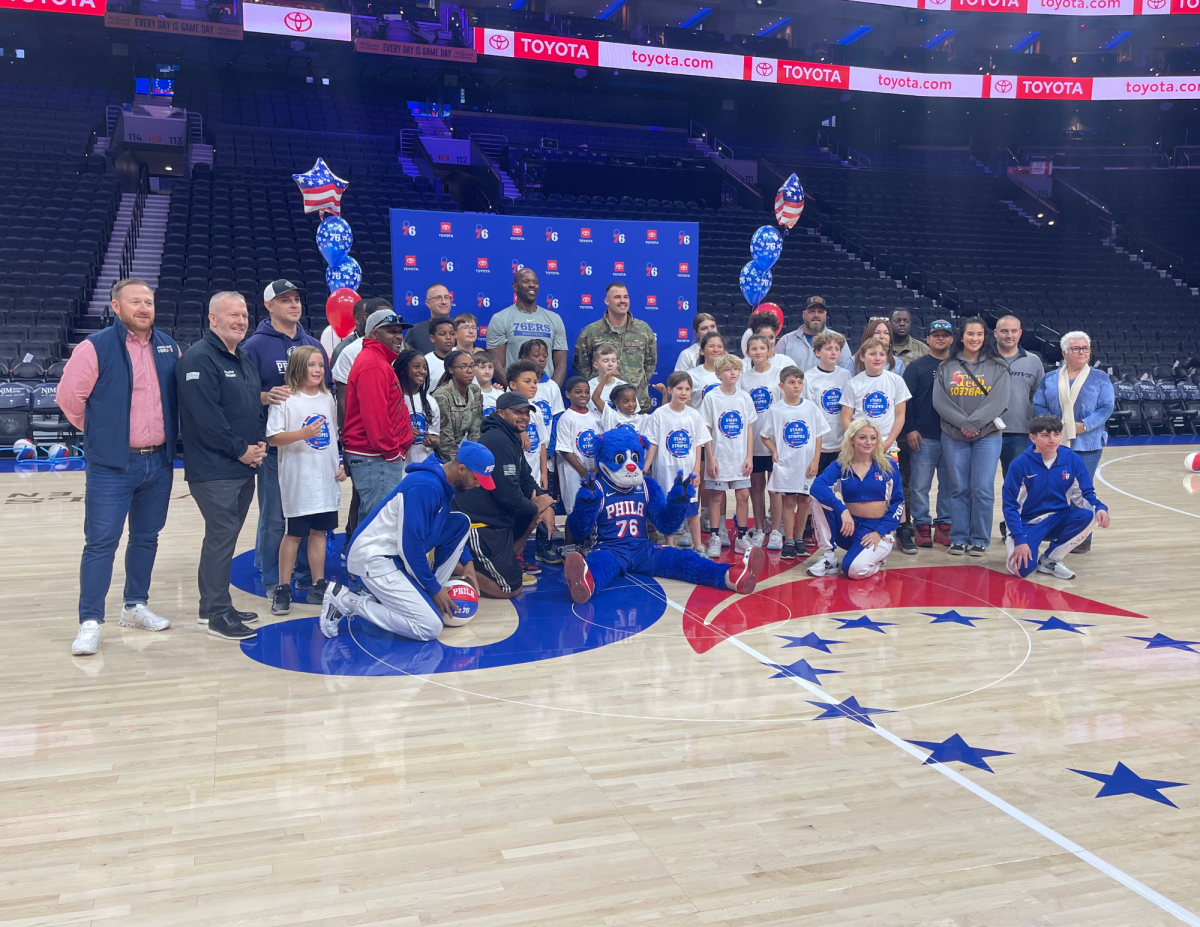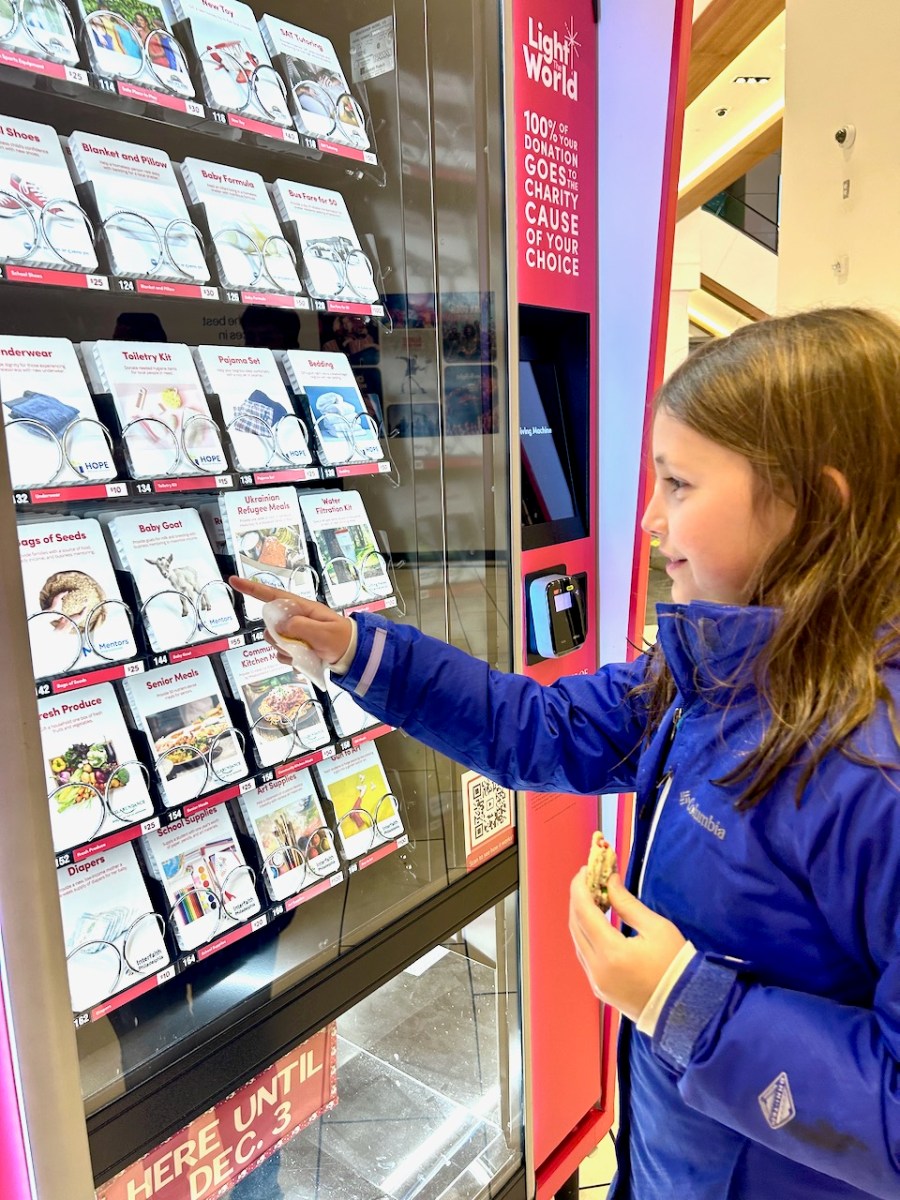 Susan Wojcicki, Google’s senior vice president of advertising and commerce, inside the company’s Mountain View, Calif., office. Credit: Karl Mondon
Susan Wojcicki, Google’s senior vice president of advertising and commerce, inside the company’s Mountain View, Calif., office. Credit: Karl Mondon
Susan Wojcicki is Silicon Valley royalty. She and her two sisters grew up on the campus of Stanford University, where her father, Stanley, was a physics professor. All three siblings went on to pursue careers in male-dominated areas.
“We were surrounded by people who were really passionate about what they did and had dedicated their lives to specific fields,” she explains. “I think that gave us an influence about trying to pick fields that are important that we could dedicate ourselves to.”
Wojcicki’s mother, Esther, “was always willing to be a bit of a rabble-rouser, always willing to complain about things, to take the less traditional path. In some ways it set us free to do things that are less traditional.”
Equipped with these influences, Wojcicki chose a career in technology at a time when it was extremely rare for women to do so.
“When I first started being interested in technology, most people had no idea why,” she says. “People’s reactions were, ‘Why would you just want to be in front of a computer all the time?’ and ‘You’re very social and creative, why would you just want to be in this geeky field?’ But what I saw was that tech really was creative, that I could build a lot of things and that those things would be used by people all over the world.”
Stanley himself has a pioneering background: aged 12, he fled from his native Poland on a boat going to Sweden. He was joined by his brother and mother – but not his father, a former cabinet minister. The family had been informed that the boat had four spaces; it only had three. His father volunteered to stay behind and was never able to join the family.
After renting her Palo Alto garage to Google co-founders Larry Page and Sergey Brin, who used it as their first office in 1998, she joined the tiny company.
“I saw that they had the ability to build something that could become really great, so I wanted to be part of that,” she explains. “The reason I thought it was going to be successful was that it was growing, even though it didn’t have any advertising or marketing.”
She added, “It was also addressing a real need. People were looking for information, and Google provided a much better search experience than all the other search engines. And it had a good product. In the tech field, having good technology really makes a difference. It’s really obvious, but there are a lot of companies that get into technology without having that core underlying technology.”
Susan’s sister Anne went on to marry Brin, though they’re now separated. The third sister, Janet, is a professor of pediatrics at the University of California, San Francisco. Today Susan is ranked 30th on Forbes’ list of the world’s 100 most powerful women.
 The home of Susan Wojcicki, where Google co-founders Larry Page and Sergey Brin rented the garage eight years ago to set up Google, is seen Oct. 2, 2006 in Menlo Park, Calif. Reportedly, Google has purchased the 1,900-square-foot house.
The home of Susan Wojcicki, where Google co-founders Larry Page and Sergey Brin rented the garage eight years ago to set up Google, is seen Oct. 2, 2006 in Menlo Park, Calif. Reportedly, Google has purchased the 1,900-square-foot house.
Credit: Justin Sullivan
‘We’re changing ads so they work for you’
Without her, you’d have to pay to be online. Susan Wojcicki, the Google executive in charge of advertising, is the woman behind AdWords, the ads that accompany every Google search. Every year Wojcicki rakes in tens of billions in ad business for Google and was recently named “the world’s most important person in advertising.”
Metro met her in the sunny garden outside her office at Google’s headquarters in Mountain View, Calif.
How much money does advertising generate for Google, and is it enough?
The vast majority of Google’s revenue is advertising-based. Google keeps growing because more and more of our lives is moving online. Users are doing more searches, there’s obviously mobile, and there’s video. Advertisers go where users go.
How much revenue does your team bring in?
Tens of billions of dollars.
How do you ensure you’re on top of these trends?
[My team and I] try to predict what the Internet and our digital lives are going to look like in two-three years, and we build for that future. In a lot of ways, we’re thinking, living and creating that future.
Your team studies users to figure out what makes them click on a link. Do you have psychologists on staff?
Based on whether or not users are clicking on different ads, we can figure out what’s working and not working. But yes, we also have people who study user interaction who talk to our users and do focus groups.
What are some of the things you’ve changed based on this information?
We’ve come up with ideas – for example TrueView, which is something we have on YouTube that allows the user to choose to see an ad. That’s something we’ve learned from speaking to users: If they’re choosing to see an ad, it’s a product or company they’re more interested in, so the advertiser creates something the user wants to see.
In 2009, Google launched interest-based advertising, which allows advertisers to target consumers based on their browsing history. What do you know about me, and how does it benefit Google?
We always try to serve ads that are really useful and relevant. Advertising is what makes the Internet free. Whatever we know, we expose. If you go to the Ads Preference Manager, you can see what Google knows.
Right before you came, I went to the Ads Preference Manager to see what it knows about myself. It said that I’m female and listed several of my interests, including technology and computers, and schools. If an advertiser knows that I’m interested in technology, the ads I get are more relevant and useful to me. You can also choose to opt out of the system, but then the ads will be less relevant.
But many people say this means that Google knows far too much about them…
We always allow our users to opt out of any part that they don’t want to participate in. And you always have the option of using a different company.
There are also products where you directly benefit from having Google know something about you. For example, we just introduced Google Now, a service that acts as your personal assistant. It will know information from my Google calendar and make recommendations to me based on that, so it can tell me, “You have to leave right now because you have an appointment and there’s a lot of traffic.”
Google is trying to get more mom-and-pop operations to advertise using AdWords. How will you convince them?
Small businesses understand that being online is really helpful in finding new customers. And a lot of the new things we’re doing with advertising helps them see how it gets them new customers. For example, we recently introduced click-to-call. So if you see that button on your mobile, you click it to call the business. They then know that it got the call based on a Google ad.
People want their mobiles to be quick and efficient; they don’t have time or the patience to view or click on ads. How can you square that circle?
We’re changing the ads on mobile phones so that they’re relevant to you. For example, if you get an ad on your phone you can click on it to call the company, get directions, or download their app. Also, often people aren’t using their phones in isolation. Advertisers understand that, so they want to be on mobile and desktop.
The other thing is that we want to make it easy for users to purchase on their phone. Right now it’s really hard. You have to type in all the tiny letters that you can’t see. So we’re working to make it possible to purchase with just one click. You see something, click, and all the information is entered for you.
What do you do to come up with new ideas or think in a longer perspective?
I go home and my kids tell me what they think about their lives and their future. And I interact a lot with people who are not in the tech industry, and they’ll tell me what they’re using, what works for them and what doesn’t.
Sometimes I just step away and think about what the future will change and what’s the one thing I’m missing. Because in technology things are changing so fast, I’m open to hearing from new companies, new people, from people who can tell me that I’m wrong.
Is there a case when someone made you change your plan?
There are many examples. When we decided to buy YouTube, it was not a traditional decision. But we looked around and we saw that a lot of young people were using it, and we saw that there would be huge value in having user-generated content and that it would become a really important platform. There was a lot of debate about whether to purchase YouTube, but it was the users who made us decide to do it.
The facts: Susan Wojcicki, world’s most powerful advertising boss
Age: 45
Family: Husband Dennis Troper, also a Google executive; four children.
Background: Her garage served as Google’s first office. Wojcicki, also one of Google’s first employees, has worked in different capacities before taking the job at head of advertising (Senior Vice President of Advertising & Commerce). Her sister, Anne, married Google co-founder Sergey Brin (now separated).
In the news: Recently named the most world’s most powerful advertising boss by Adweek. According to Forbes, Wojcicki’s team brings in 87 percent of the company’s $50 billion revenue in 2012, some $43.5 billion.





















